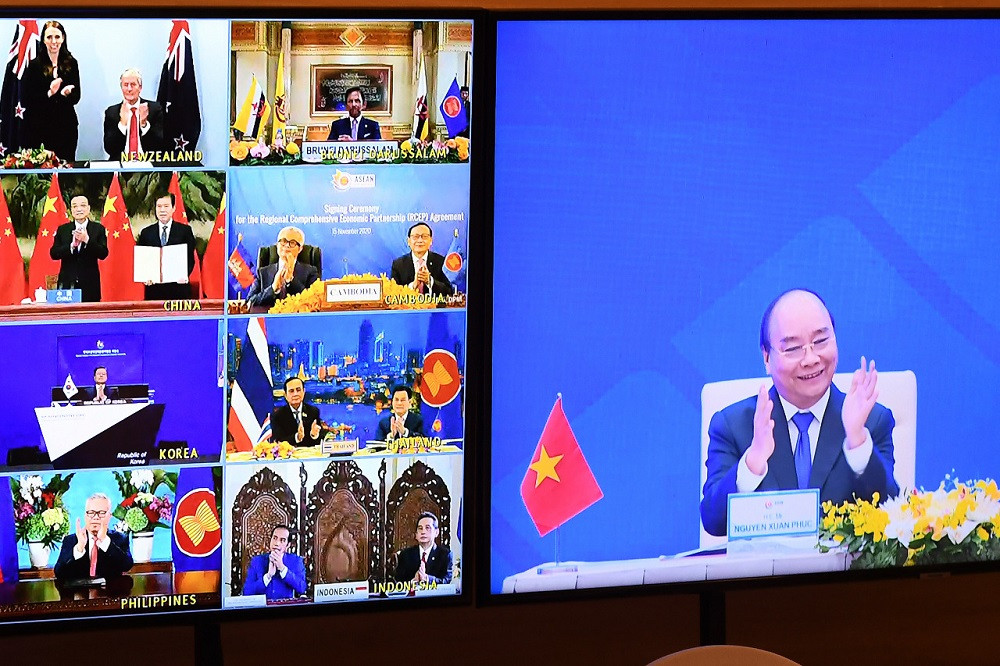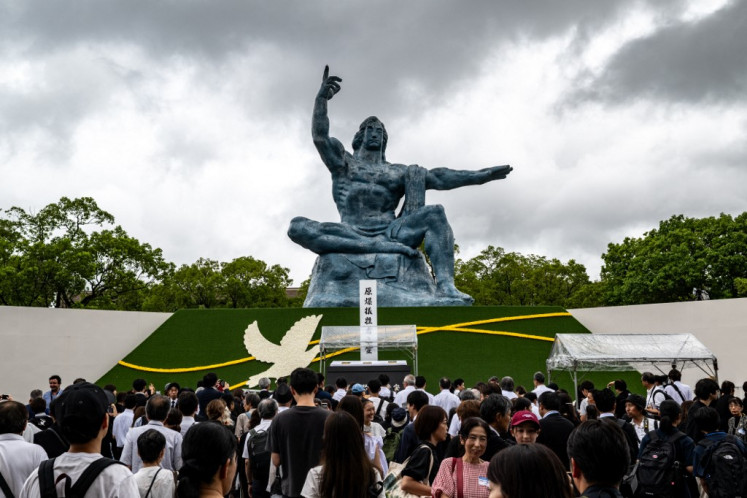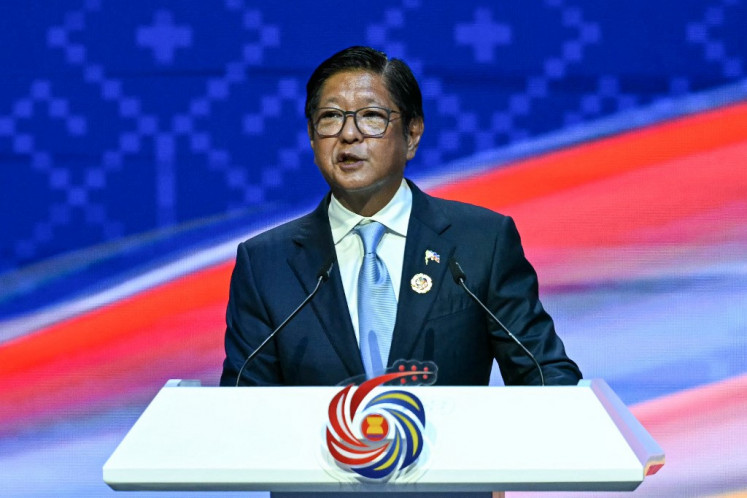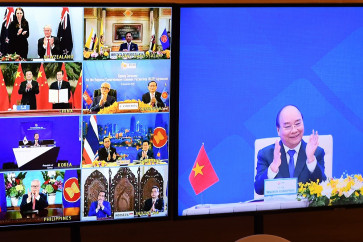Popular Reads
Top Results
Can't find what you're looking for?
View all search resultsPopular Reads
Top Results
Can't find what you're looking for?
View all search results[INSIGHT] ASEAN and newly signed RCEP: Roles and gains
Covering a population of more than 3 billion people who contribute around 30 percent of the world’s gross domestic product and 25 percent of global trade, the agreement can easily be dubbed as the world’s largest trade agreement.
Change text size
Gift Premium Articles
to Anyone
A
fter eight years of negotiation, the Regional Comprehensive Economic Partnership (RCEP) came into realization last weekend. Covering a population of more than 3 billion people who contribute around 30 percent of the world’s gross domestic product and 25 percent of global trade, the agreement can easily be dubbed as the world’s largest trade agreement.
This scale, however, was also the source of difficulties in negotiations, which dragged the process five years longer than initially expected.
In the earlier phase of negotiations, completing the partnership seemed to be an improbable task. From the technical point of view, the RCEP started from the existing five ASEAN+1 free trade agreements (FTAs) that were very different from each other. Even on tariff elimination negotiating parties needed to find common ground from at least 50 schedules of tariff elimination, if they wanted to have a highly harmonized agreement.
On the substantial matters, in order to be relevant, the RCEP also needed to offer more than numerous existing FTAs in the region that dealt with various conventional issues, e.g. tariff reduction. This required higher commitments from the member countries to deal with more difficult and complex issues.
That was exacerbated by the evolving political economic context in the region. The rise of China during the last couple of decades has made many feel uneasy, including some negotiating parties in the RCEP. That motivated various demands and proposals from some countries to “compensate” for their concerns. Some of those demands prolonged the negotiations and often they could not be met by other members.
The media has often called RCEP a “China-led” initiative, indicating concerns over Chinese dominance in the negotiation process and potentially after the agreement comes into force. However, the RCEP has never been China-led as it is an initiative that originally came from ASEAN. An agreement of such enormous scale and complexity is only possible with ASEAN being in the driver’s seat, not China, Japan or other countries in the region. The political pressure would be too heavy while they would have no appropriate mechanism to overcome the difficulties.
The agreement signifies the role of ASEAN centrality and how the grouping can lead the regional integration process. The conclusion of the RCEP also sends a strong message that the East Asia region is committed to standing against the rising protectionism, with ASEAN leading the process. The centrality of ASEAN should also be maintained in the implementation of the RCEP to ensure high-quality and mutually beneficial economic partnerships, as envisioned in the guiding principles and objectives of the agreement.


















